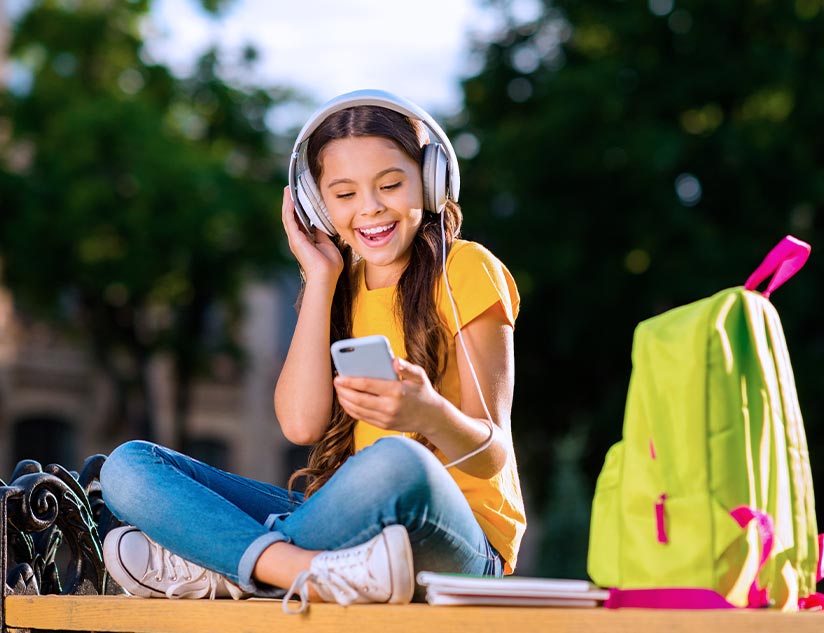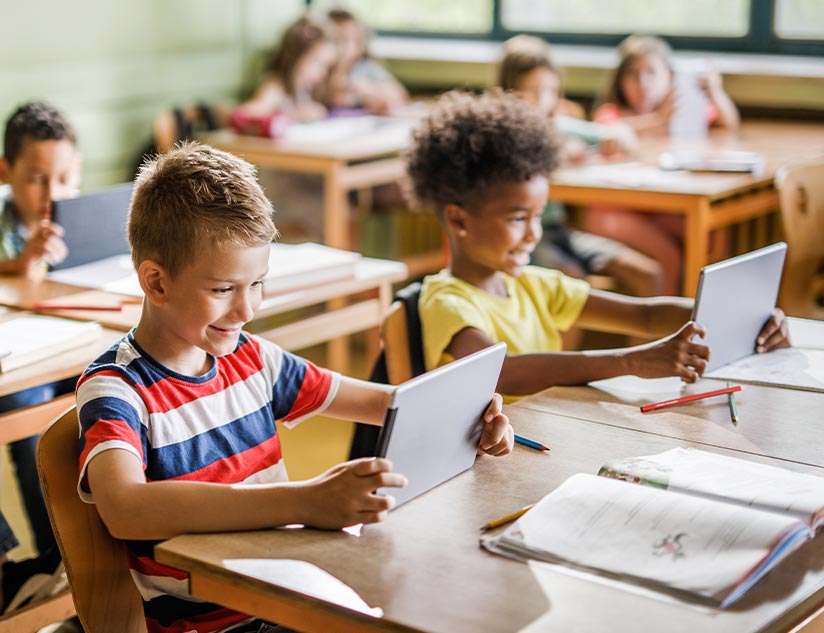How LMSs Must Transform to Enable Experiential Learning
March 5th, 2018
Experiential learning is a form of acquiring knowledge and skills through real-life experiences. This mode of learning holds great importance in an e-Learning K-12 setting because it helps to transform a learner’s attitude towards knowledge retention, creating a fun learning culture in the classroom – online, offline or blended. Experiential learning is an effective method to help students integrate course material into their daily lives by allowing them to use the various academic concepts in a real-world setting, thus increasing their knowledge retention and improving learning outcomes as well.
Experiential learning consists of four critical elements:
- Active experimentation, i.e. Doing
- Concrete experience, i.e. Experiencing
- Abstract conceptualization, i.e. Thinking
- Reflective observation, i.e. Reflection
Each of the above elements combines to form an essential critical thinking process – a process that educators must encourage each learner to adopt.
How LMSs need to transform to enable experiential learning
Your Learning Management System (LMS) can no longer afford to be one-dimensional where a learner sits at their computer for an hour to watch a course video. Education providers must leverage new technology to improve learner’s experience by allowing for experiential learning to organically occur as part of e-Learning.
Read more: Must-have Features for an Ideal Learning Management System
Here is how LMSs will need to transform to this end:
- Personalization: LMSs have been traditionally focused on one-size fits all training experiences. Educators must instead personalize their LMS for easy access and smooth navigation by learners. For instance, upon login, to-dos, courses, progress, etc. must be visible to the learner. Search must be aimed at a specific learner’s training requirements. Beyond that, a system should also be integrated with an individual’s learning preferences, their course record, course suggestions, learning history, etc. to improve learning outcomes through personalization of an individual’s e-Learning journey. MagicBoxTM offers a customizable and configurable platform that educators can use to create a personalized LMS for learners and enable experiential learning.
- Immediate feedback: Experiential Learning relies on feedback loops from both learners about their experiences, and teachers about their views on the process. When learners can get immediate feedback on their performance, they are in a better position to talk to teachers about their learning experience. Thus, an LMS that incorporates mechanisms for immediate feedback facilitates experiential learning by allowing learners to take ownership of their learning.
- Game-based learning: Gamification is fast becoming an integral part of e-Learning. By allowing education providers to create a fun-filled and interactive learning experience, it results in enhanced knowledge retention. Not only does it make learning a more enjoyable process, but it also allows the learner to experience abstract or theoretical concepts in a real-life context. Thus, a modern LMS must support gamification features as part of a course’s content. MagicBoxTM allows content creators to offer both simple and complex games as part of e-Learning modules, thus helping learners gain an enhanced understanding of concepts. Read more: Gamification – The new way of learning.
- Simulations: Simulations play an important role in e-Learning as these enable learners to understand and deal with real-world problems first hand. By incorporating them, an LMS can allow for real-life training in a low-risk environment which encourages learners to ‘experience’ theoretical concepts in the real world. MagicBoxTM supports simulations thereby allowing young learners to role-play and get a feel of the actual situations that might surround them.
- Social learning: Social learning relies on using one’s cognitive abilities to understand concept and phenomena through the observation and analysis of other people’s experiences. An LMS must make it easy for learners to identify and draw from other people’s reactions to experiences, understand why their performance differs, how they can catch up, etc. Thus, an LMS must be a fertile ground for social learning, helping learners learn from each other by providing them opportunities to share their experiences on message boards, chat, and other social platforms. Educators can then encourage learners to share videos of their experiences, set meaningful social challenges, play group games, et al. to get conversations going and have them learn from social interaction. MagicBoxTM fosters such learning through its platform, thereby allowing users to learn by making use of their cognitive abilities.
The importance of experiential learning in K-12 classrooms
Experiential learning is crucial to the success of K-12 classrooms, given that the modern world demands learners to be versatile, smart, and quick to learn. The old classroom-style method of learning is no longer enough to arm students with the skills they need to thrive. While one-dimensional learning just explains the academic theory, experiential learning involves a direct, actual encounter with the phenomena under study instead of just convincing possibilities.
Exposing learners to experiential learning regularly, an LMS can further the cause and intent of e-Learning – improving learning outcomes. The only way learners will be able to survive in a dynamic environment is by quickly adapting to change. It is only through experiential learning that learners will be prepared to face the complexities of the contemporary world. Thus, it is imperative for LMSs to fine-tune their offerings to offer truly experiential learning.








